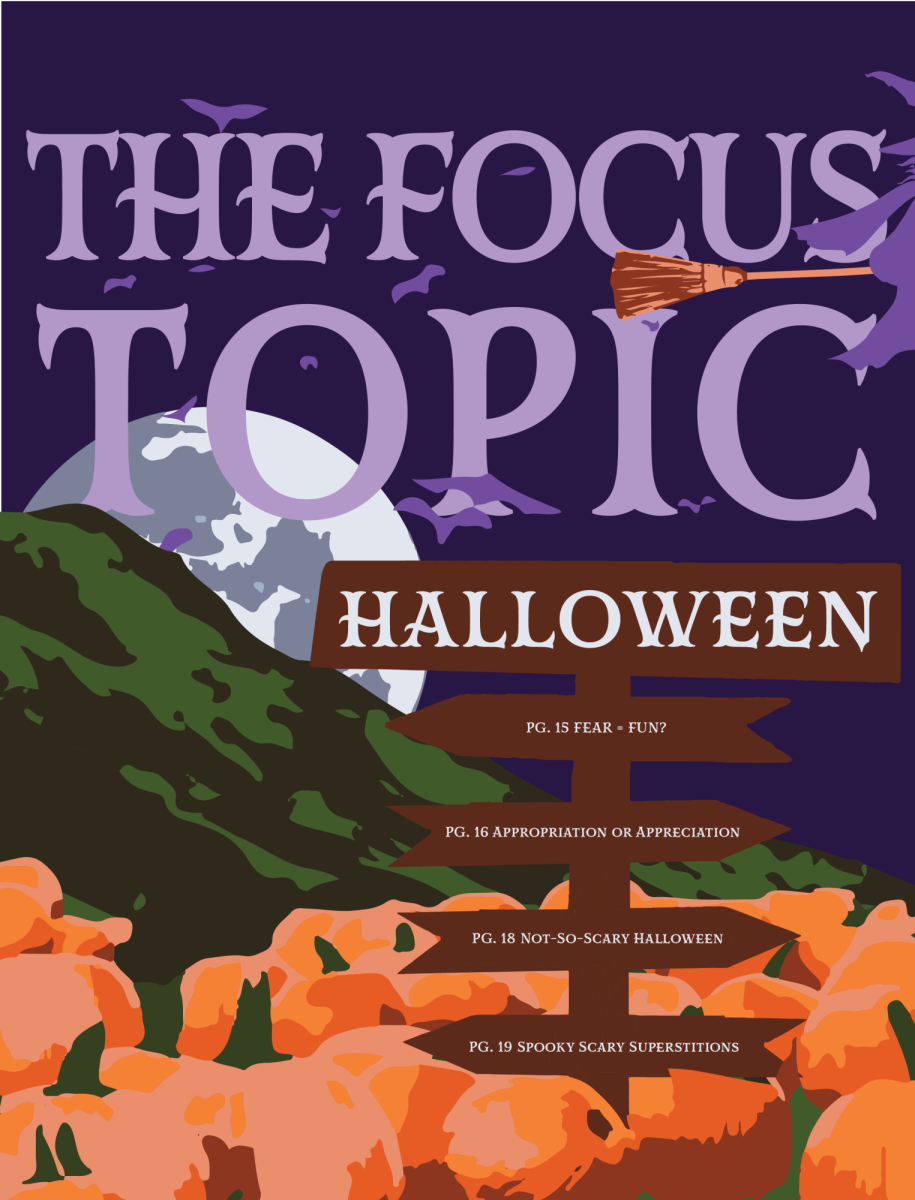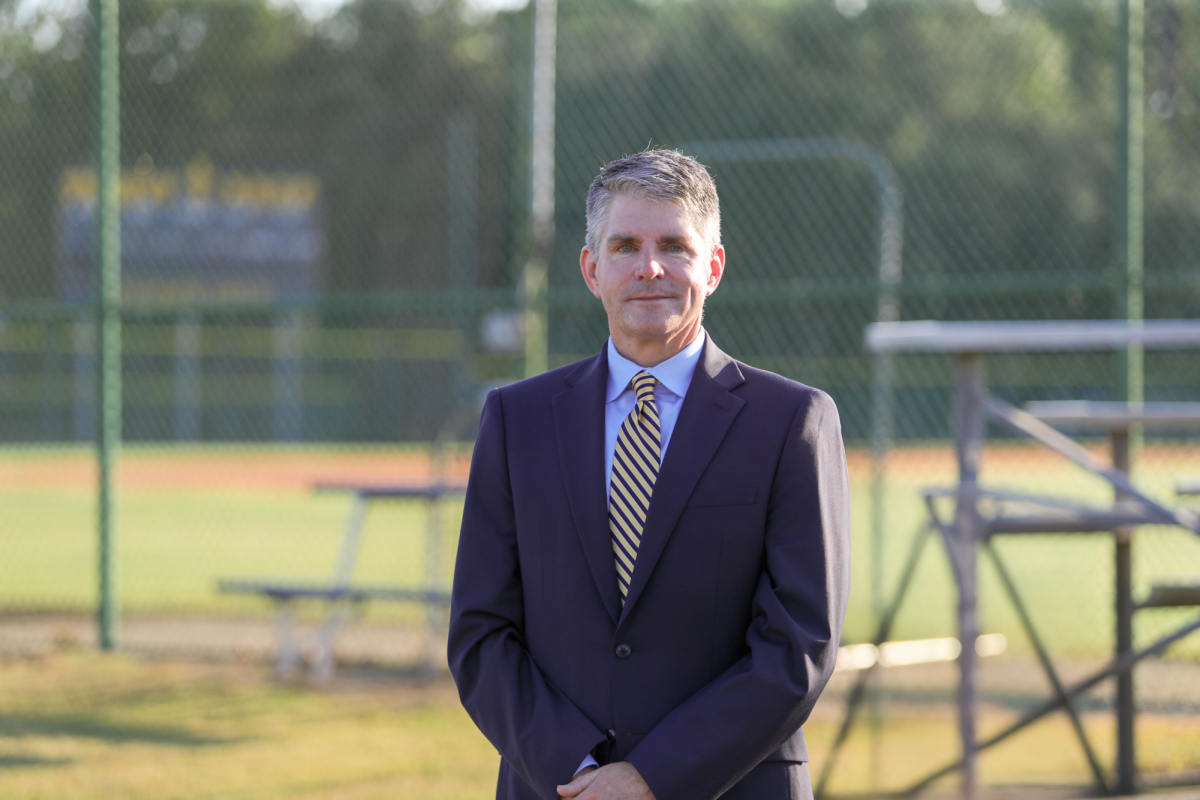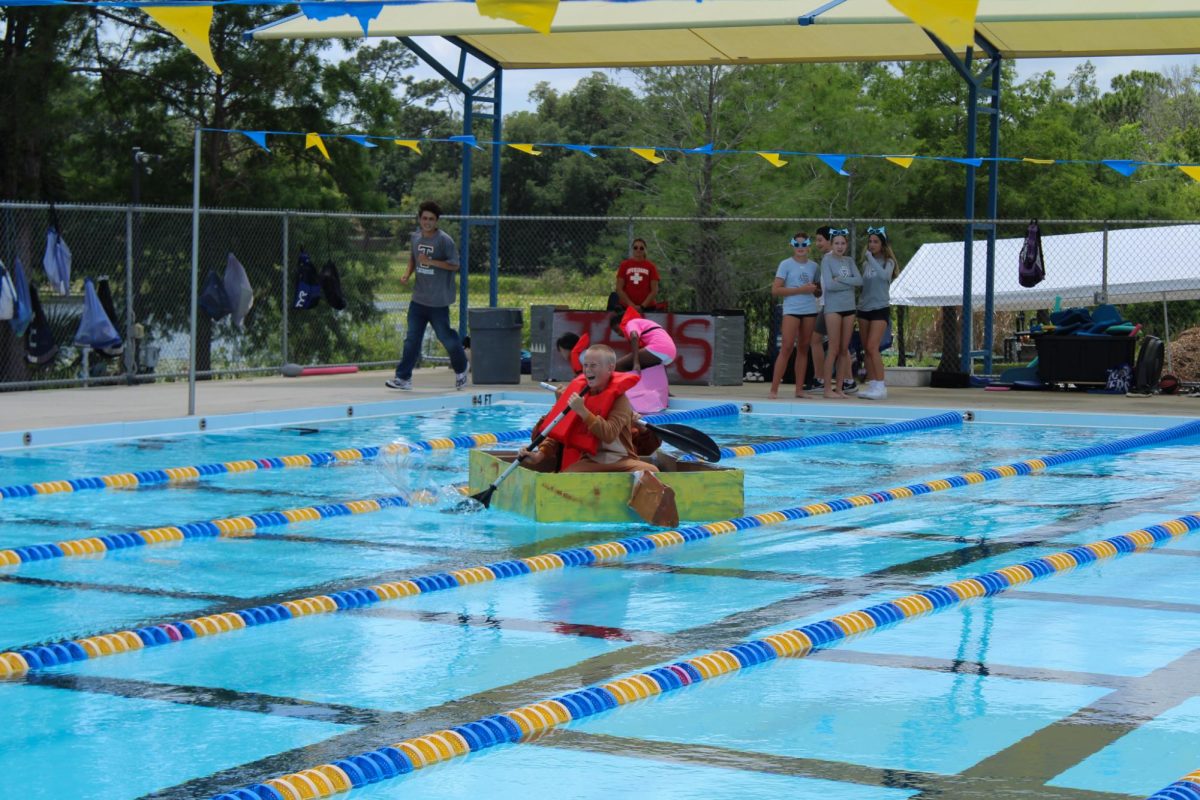This Saturday Oct. 17th, Trinity will be administering the PSAT for sophomores and juniors. It will be the first time that Trinity is proctoring standardized testing on campus since the COVID-19 pandemic began last Spring. Although there will be differences in this year’s testing, college counselor Maya Lupa said that students can expect a roughly equivalent testing experience to years past.
“We have safely reopened campus and we are practicing social distanc[ing] so we will be … following the same protocols in terms of spacing in classrooms and in larger spaces,” Lupa said. “It won’t be any different than being in school right now, essentially because we are already following COVID rules.”
However, some parts of testing will be unfamiliar for those who have taken the PSAT or AP exams on campus before. Instead of mostly congregating in the gym, testers will be spread out over campus to allow for safe social distancing. In addition, Trinity is returning to administering the PSAT on a Saturday instead of a Wednesday.
“There’s going to be one major benefit to a Saturday: your proctors are not going to have to shift because they have to run to class,” Lupa said. “It’s going to be the same proctor in the room the entire time. I think it’ll cause less disruption hopefully.”
In terms of breaks, Trinity will be following the guidelines set by College Board and avoiding having large groups of students in the hallways. This means no eating or drinking outside of break times and taking turns to use the restroom.
Testing is not a requirement for sophomores or juniors but is encouraged as it provides practice for the SAT and is an opportunity to qualify for the National Merit Scholarship for juniors.
“There are alternative dates available,” Lupa said. “We have not chosen to administer [on those dates] as of yet. … If [students unable to take the test] are sophomores, we tell them not to worry about it. If they’re juniors, then we encourage them to either A) seek another testing site … or B) to see if they can move whatever it is that they have scheduled.”
For some remote students, like junior Shraddha Bhatia, the prospect of coming onto campus for an extended period of time can cause anxiety about COVID-19 and testing in general.
“Especially with the mask and everything, I feel the extra restrictions … are going to make it harder for me to get through the test,” Bhatia said.
If some students are still concerned about the risks of testing in person, Lupa said that she would advise them to do what is best for themselves and their families.
“Everyone’s got to make choices,” Lupa said. “At the end of the day, we are only responsible for being our best selves and for keeping ourselves healthy.”






















